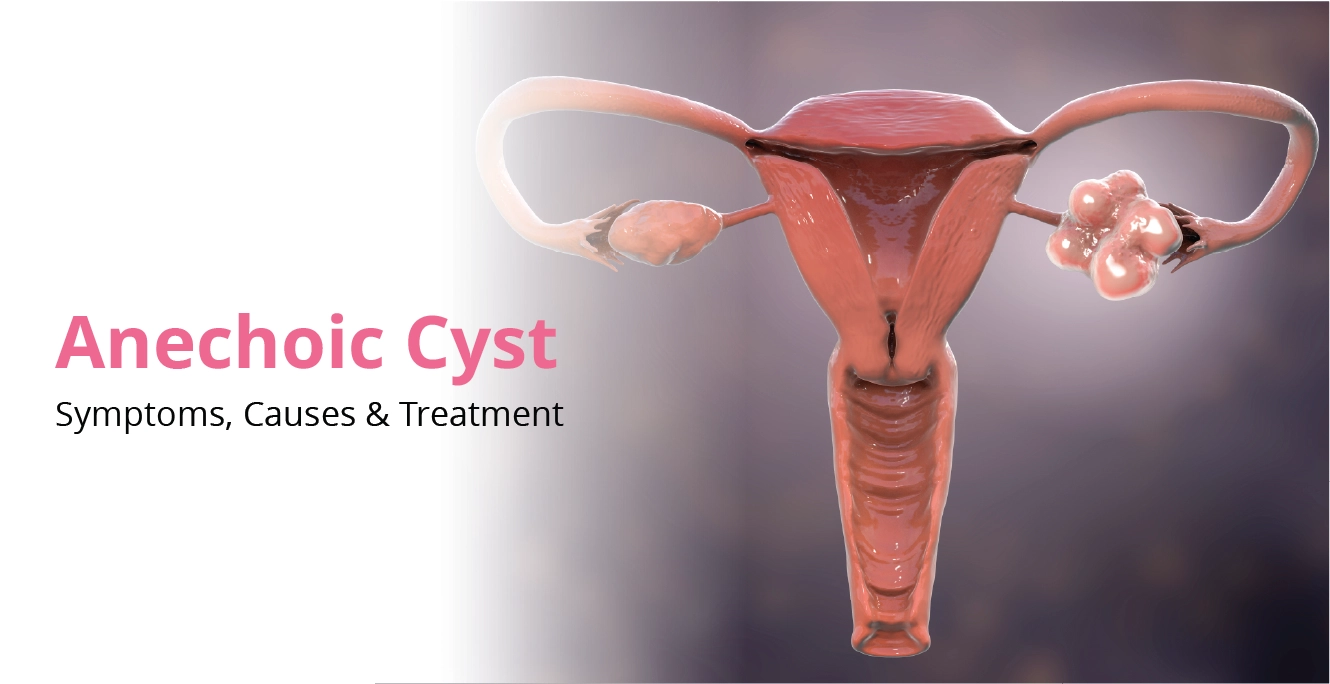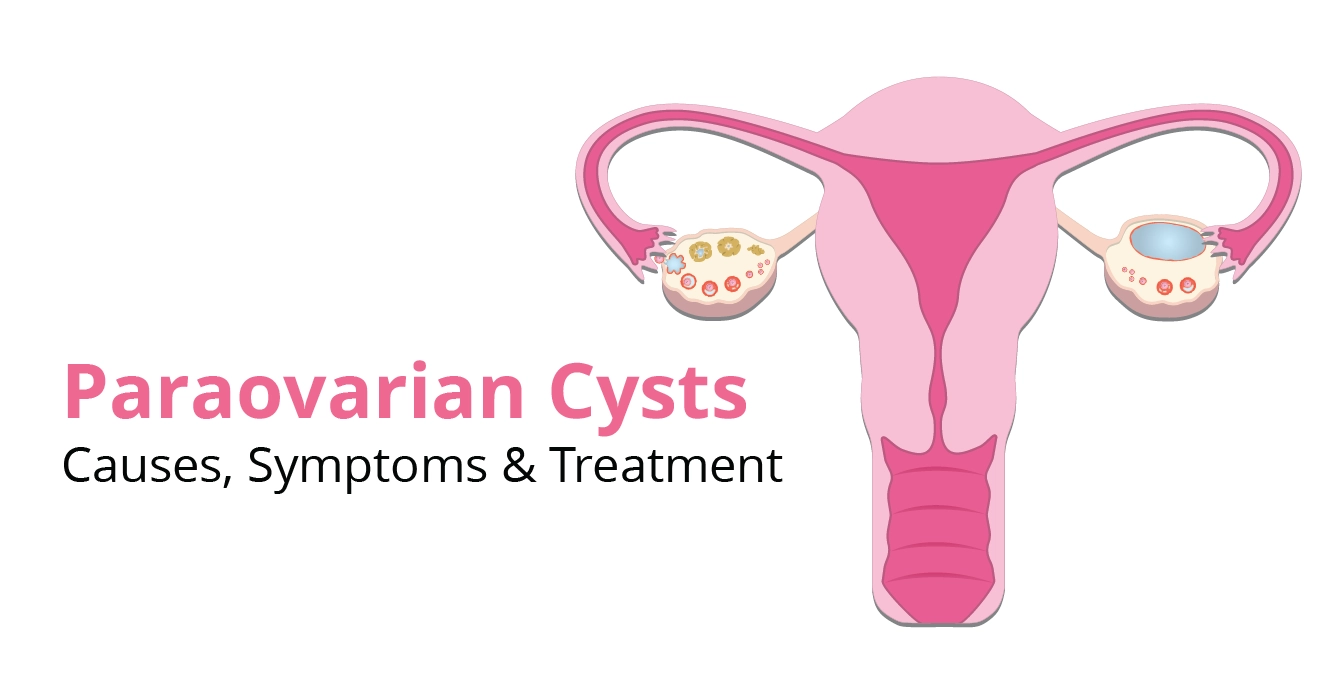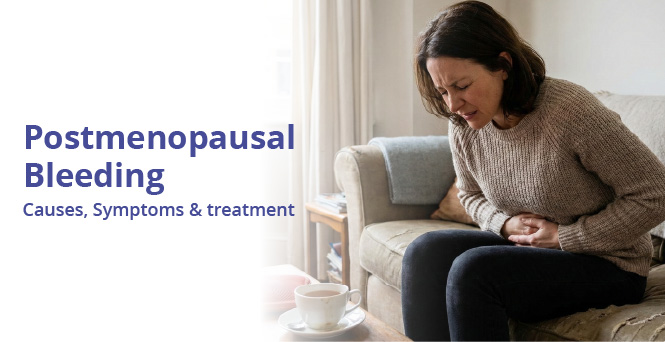
How Vaginismus Impacts Fertility?

Table of Contents
For many women, intimacy does not mean pleasure; it can also be the pain that they suffer silently – a real, physical condition known as Vaginismus. Studies have shown that up to 1–7% of women experience vaginismus at some point, though these are underestimated numbers because many women do not disclose their problem due to the fear of being judged or misunderstood. For some, the fear of pain overshadows intimacy; for others, it leads to struggles with conception and fertility.
It is important to understand that vaginismus is not your fault, and more importantly, it is completely treatable.
What is Vaginismus?
Vaginismus refers to an involuntary tightening or spasm of the vaginal muscles during attempted penetration. This can happen during intercourse, gynaecological examination, or even tampon insertion. This is an automatic contraction of muscles that makes penetration painful, difficult, or even impossible.
In other words, we can say that vaginismus is a physical reaction to a psychological or emotional trigger, and it is not consciously controlled by a woman. It is important for the partner to understand that vaginismus is not “in the mind,” but a genuine medical condition that deserves care and empathy.
Symptoms of Vaginismus
Early signs of vaginismus are not the same for every woman but there are some common symptoms, which include:
- Pain, burning, or tightness during penetration.
- Involuntary vaginal muscle contractions.
- Difficulty inserting tampons or undergoing pelvic exams.
- Anxiety or fear related to intercourse.
- Decreased sexual desire due to repeated pain experiences.
Types of Vaginismus
The following are two main classifications of Vaginismus.
| Primary Vaginismus | Secondary Vaginismus |
|
|
What Causes Vaginismus?
The following are some common causes of vaginismus.
- Anxiety and fear of pain during intercourse can lead to involuntary tightening of the pelvic muscles, which causes vaginismus.
- The fear can be due to past trauma, including sexual abuse, assault or painful medical procedures.
- Pelvic floor issues, any injury or previous surgeries can cause muscle tension or sensitivity, leading to difficulty in penetration.
- Underlying medical conditions like infections, endometriosis, or vaginal dryness can also make penetration painful.
- Relationship strain, including lack of trust between partners, emotional disconnect, or performance anxiety, can all contribute to vaginismus.
Diagnosis of Vaginismus
The first and crucial step of your treatment is the right diagnosis, which starts with a thorough communication with your gynaecologist. This is what a diagnosis normally involves:
- Medical history: Your doctor will ask you about your symptoms, sexual history, and emotional factors that might be affecting you.
- Physical examination: A gentle pelvic exam may be conducted to rule out infections or structural issues.
- Pelvic floor assessment: It checks for muscle tightness and control.
- Psychological evaluation: It is important to identify if anxiety, fear, or past trauma is contributing to the condition.
Impact of Vaginismus on Female Fertility
Many women wonder if vaginismus can get in their way of achieving pregnancy. Although vaginismus itself does not directly affect reproductive organs, it can make natural pregnancy difficult because of painful penetration or no penetration at all. If there is no penetration, semen will not be able to reach the cervix and fertilisation will not happen. For couples trying to conceive, the stress and anxiety about painful intercourse can further impact their intimacy, which creates a cycle of frustration and fear.
Despite challenges, the good news is that women with vaginismus can still become mothers – all they need is proper treatment and timely medical support. In some cases, assisted reproductive techniques like intrauterine insemination (IUI) or in vitro fertilisation (IVF) can also help couples fulfil their dream of parenthood.
What Are the Treatment Options for Vaginismus?
Doctors usually recommend a combination of techniques. The following are some common vaginismus treatment options.
- Pelvic floor physiotherapy: It helps women learn to consciously relax and control their vaginal muscles through guided exercises. With time, it reduces involuntary tightening and pain.
- Cognitive-behavioural therapy (CBT): It helps address fear, anxiety, and negative thoughts related to sexual activity. It also prepares the mind to respond calmly instead of getting worried during intimacy.
- Desensitisation exercises: These involve the gradual use of vaginal dilators under professional supervision and help the body adjust comfortably to penetration without fear or pain.
- Counselling: It encourages open communication between couples that helps rebuild trust and approach intimacy at a comfortable pace without any pressure.
- Topical anaesthetics or lubricants: Topical anaesthetics gently numb the area to ease pain during early treatment, whereas lubricants reduce dryness and friction, creating a smoother, more comfortable experience.
How Long Does it Take to Treat Vaginismus?
There is no fixed recovery time since it depends on the individual’s unique condition. With consistency and expert guidance, most women see improvement within a few weeks to a few months. Early diagnosis and emotional support can speed up the process.
Home Remedies for Vaginismus
Professional medical guidance cannot be ignored; however, some home remedies can support your treatment and help improve outcomes.
- Do deep breathing exercises to calm your body before intimacy or therapy sessions.
- Take warm baths to ease pelvic muscle tension and promote relaxation.
- Indulge in gentle stretching exercises or yoga to improve blood flow and reduce stiffness in the pelvic region.
- Pursue a hobby or do meditation to manage stress and anxiety.
- Using vaginal lubricants can help reduce dryness and discomfort during intercourse.
- Have open communication with your partner as it builds trust and reduces fear or pressure.
Wrapping it Up!
If you are concerned about vaginismus and it is interfering with your fertility goals, remember that you are not alone and treatments are available. Stay calm and have patience. Most women regain comfort, confidence, and control over their sexual health after the treatment.
If you have been experiencing pain or fear during intimacy, do not hesitate to consult our leading gynaecologists at Birla Fertility & IVF. We respect your privacy and offer a comfortable environment to help you take the first step towards healing. With the right medical support and compassionate care, you can overcome the problem of vaginismus, restore intimacy and continue your journey toward becoming a mother.
Our Fertility Specialists
Related Blogs
To know more
Birla Fertility & IVF aims at transforming the future of fertility globally, through outstanding clinical outcomes, research, innovation and compassionate care.
Had an IVF Failure?
Talk to our fertility experts

 Our Centers
Our Centers
















